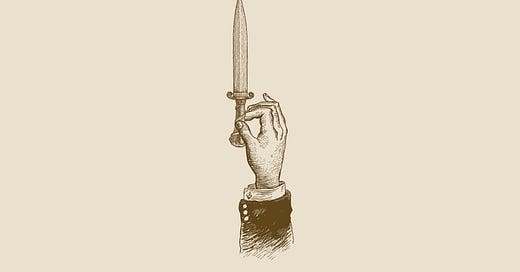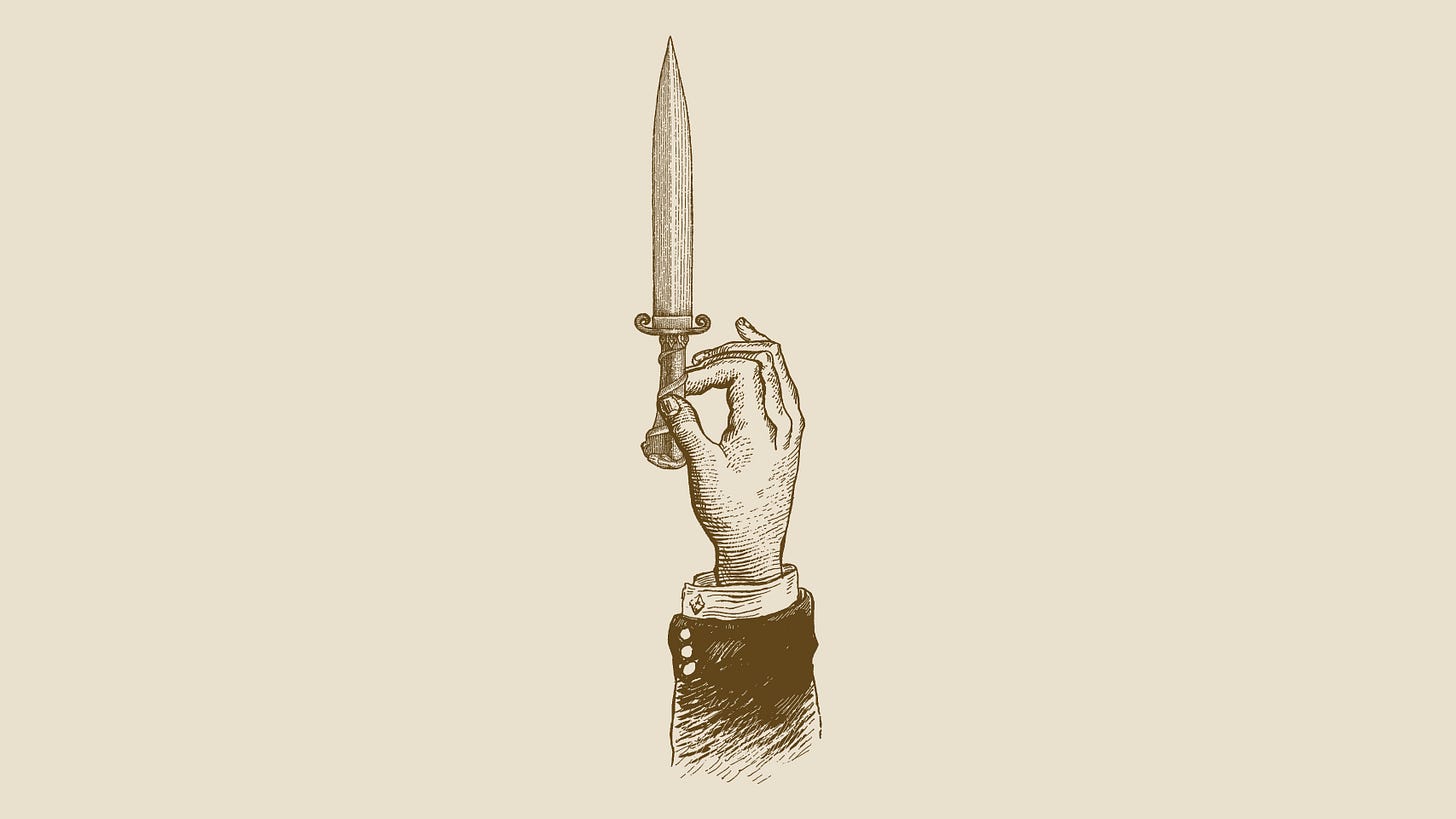I’ve been out of the Marine Corps for nearly two years now and my thoughts have been preoccupied in that interval with friendship.
I easily trace over the last several decades how my quality of life rose and fell in direct correlation to the quality of my friendships. The best years of high school corresponded to when I had an amazing group of friends, and two best friends, in particular–one male, one female–who I loved and trusted deeply. My college friendships were dimmer stars on the horizon, in large part due to my own obtuse reluctance to prioritize friendships over other things, namely, for me, achievement. In grad school in London I once again stumbled into an incredible network of friends that have kept me flying back to the UK year after year.
After grad school began a harder period in my life as I bounced between the United States and the Pacific for training, deployments, and other Marine Corps related activities. It wasn’t until recently, when I arrived in Denver, that I rediscovered the joys of friendship and the joy that friends themselves bring to our lives.
Our social circles shrink as we age. This means we have less friends in our 30s than we did in our 20s. But social circle doesn’t necessarily account for the quality of those relationships. It’s been well documented throughout the last several years that American men in particular are suffering what pop culture terms the “friendship recession”: 15% of men say they have no close friendships at all (up from 3% in 1990), and less than half say they are satisfied with the number of friends they have. In what might be one of my favorite SNL skits of all time, the writers parody this phenomenon in “Man Park”, a hypothetical park where men can make friends with other men. But the difficulties of friendships are not restricted to the male population.
This is especially true as both men and women in their 20s relocate, often several times, in an effort to get careers off the ground. It’s not uncommon to meet someone in their early 30s who has lived in several cities since college. This mobility disproportionately describes college-educated, white-collar professionals. But this constant upheaval makes it difficult to develop and retain meaningful friendships as an adult.
What makes people friends? Who should we stay friends with? How do we make friends? Are we stuck with the friends we have? When do you end a friendship? are all questions I have asked myself. There have been volumes written on the subject of friendship as far back as Plato. Famously, in his Nicomachean Ethics, Aristotle defines three categories of friendship: utility, pleasure and virtue. Just Google “friendship” and you get a host of articles on the subject, hawking advice, opining its decline, and waxing philosophical.
Personally, one of my favorite reflections on friendship comes from Henry David Thoreau. In the much overlooked A Week on the Concord and Merrimack Rivers, at once an enthralling account of a canoe-camping trip he took with his brother and a prose masterpiece of observations on life, friendship, and nature, Thoreau offers unforgettable sentences like this, “Friendship is evanescent in every man’s experience, and remembered like heat lightning in past summers.” Here are a few other worthwhile lines:
“...for Friends do not live in harmony merely, as some say, but in melody.”
“We do not wish for Friends to feed and clothe our bodies,--neighbors are kind enough for that,--but to do the like office to our spirits.”
His discourse runs for several pages. Every time I read it I find something new, something true; every time I read it I’m both surprised and gratified. Ultimately, I’m also challenged. How do I be a friend capable of friendship as Thoreau describes it?
However, friendship is not something that can be summed up nor pinned down. As Thoreau says, “We are no nearer than Plato was.” Instead, I’d like to focus on a much smaller, and I think overlooked, aspect of friendship, an aspect that has come to represent for me one of the most meaningful parts of my own friendships: the paradox of finding joy in inconvenience.
I think when most of us think of our friends, the last word that comes to mind is inconvenient. In fact, we might advise ourselves and others that if a friendship is purely inconvenient then it’s no friendship at all. I would agree.
But friendships are inconvenient.
They drain our time, our energy, our attention. When I spend time with my friends, it’s opportunity cost for me. I could be doing something else. To have a friend is then to demand some priority in their life. And vice versa: to be a friend is to allow them to demand some priority in my own. Yet, paradoxically, I’m grateful for the opportunity to be inconvenienced on behalf of my friends. In fact, I should honored they hold me in high enough regard to inconvenience me at all.
The inconvenience I’m talking about isn’t a transactional interaction, or a quid pro quo, some expectation that if I help you now then you may help me later. No, I’m talking about giving up my time, my energy, and my attention for my friends with no expectation of return. When I inconvenience my friends, I put myself in their debt. And I can put myself in their debt because I trust them. I trust them not to abuse that debt or call it to the table or cash in on it. When I inconvenience them I’m taking something from them.
But one cannot take what’s freely given.
On the flip side, the paradox is that I derive real joy from being inconvenienced. It’s a joyful thing to understand that someone trusts me enough to inconvenience me. They trust me enough to give me a chance to upend my schedule on their behalf. It’s better to give than to receive, and my friends make me a larger, more magnanimous person by creating opportunities for me to give. Like any good relationship, my friends make me think about someone other than myself, and by doing so give an invaluable gift.
The inconvenience of friendships may tempt me to end a friendship when things are not easy. We tolerate tension in our romantic relationships as “part of the deal”, but if friction finds its way into our friendships we wonder what went wrong. “How often we find ourselves turning our backs on our actual Friends,” writes Thoreau, “that we may go and meet their ideal cousins.”
This is something I am learning later in life than I would have hoped.
When I was 14 I wrote my best friend a letter essentially breaking up with him. We haven’t spoken since then. At 22, my (new) best friend walked into my college dorm room to tell me that he had passed his nuclear power interviews and had been accepted into the U.S. Navy’s submarine force. I told him I needed to go to sleep.
The specters of this selfishness haunt me to this day.
“Greater love hath no man than this, that he lay down his life for his friends” is oftentimes interpreted too drastically. Maybe less ‘I’d take a bullet for you’ and more ‘I’ll give up my time for you’. Or what about laying down our money, our divided attention, our addiction to our phones, our hurry to be somewhere else, our FOMO, our bedtimes, our workaholism, our routines?
I’m not arguing that this paradoxical inconvenience based on trust comprises the whole of friendship. Rather, I believe it’s an integral part, an intrinsic property, like density. Or, to say it another way, it’s a quality of good friendships. If friendship were a knife, then it’s neither the handle nor the blade but rather the sharpness of the blade. A dull knife still works, though less well. In the same way, a friendship flourishes when mutual trust allows us to inconvenience one another for the edification of all parties involved.
My friendships are mutually beneficial when they have this quality, this sharpness, about them.
And that, my friends, just might be the point.
What are your thoughts on friendship? Drop a comment below.
Further Reading on Friendship
The Atlantic’s Friendship Files, numerous articles and essays on friendship
The Portmanteau—essays and social commentary for everyone, even level-headed, curious, thoughtful people.





This is fantastic.